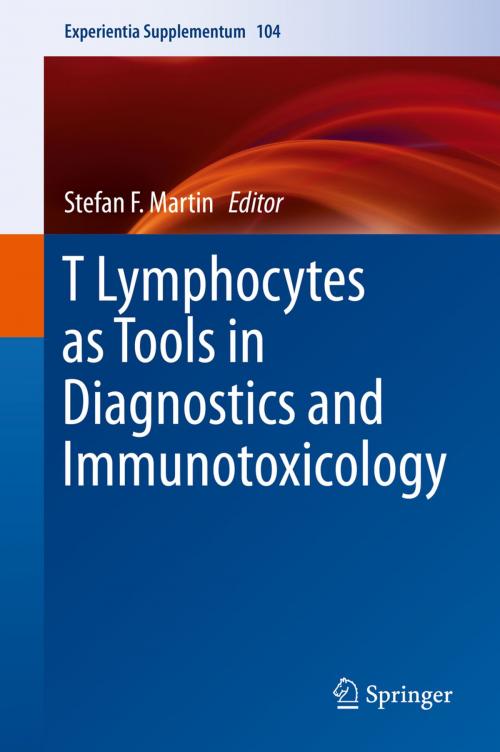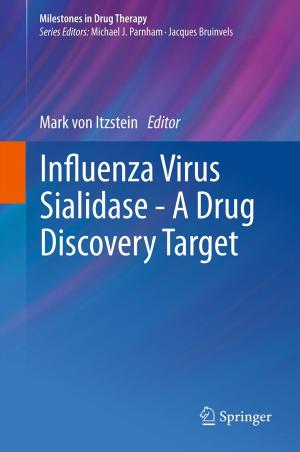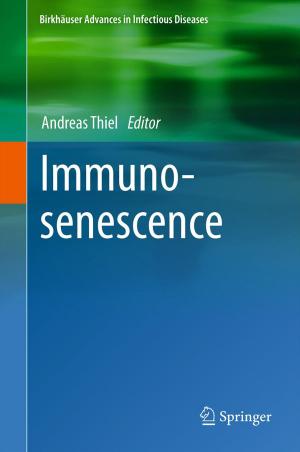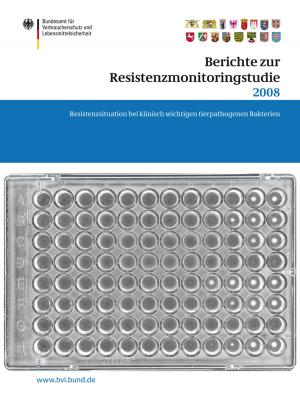T Lymphocytes as Tools in Diagnostics and Immunotoxicology
Nonfiction, Health & Well Being, Medical, Medical Science, Immunology, Science & Nature, Science, Other Sciences, Molecular Biology| Author: | ISBN: | 9783034807265 | |
| Publisher: | Springer Basel | Publication: | November 9, 2013 |
| Imprint: | Springer | Language: | English |
| Author: | |
| ISBN: | 9783034807265 |
| Publisher: | Springer Basel |
| Publication: | November 9, 2013 |
| Imprint: | Springer |
| Language: | English |
This book summarizes the state-of-the art in the development of T cell-based in vitro assays, which offer useful tools for hazard identification, risk assessment and improvement of diagnostics. It will be of interest to scientists, the chemical and pharmaceutical industry, and regulators involved in the replacement of animal testing methods.
The identification of hazardous chemicals and drugs is essential to ensuring human health. The ban on animal testing for the cosmetics industry since 2009 and international efforts to reduce and replace animal testing in research and immunotoxicology call for alternative in vitro methods. The most specific immune response to chemicals and drugs that cause allergic contact dermatitis, respiratory disease and adverse drug reactions is the highly antigen-specific T lymphocyte response. Therefore the use of T cells as tools for identifying contact allergens and drugs that may cause health problems is of great interest.
This book summarizes the state-of-the art in the development of T cell-based in vitro assays, which offer useful tools for hazard identification, risk assessment and improvement of diagnostics. It will be of interest to scientists, the chemical and pharmaceutical industry, and regulators involved in the replacement of animal testing methods.
The identification of hazardous chemicals and drugs is essential to ensuring human health. The ban on animal testing for the cosmetics industry since 2009 and international efforts to reduce and replace animal testing in research and immunotoxicology call for alternative in vitro methods. The most specific immune response to chemicals and drugs that cause allergic contact dermatitis, respiratory disease and adverse drug reactions is the highly antigen-specific T lymphocyte response. Therefore the use of T cells as tools for identifying contact allergens and drugs that may cause health problems is of great interest.















